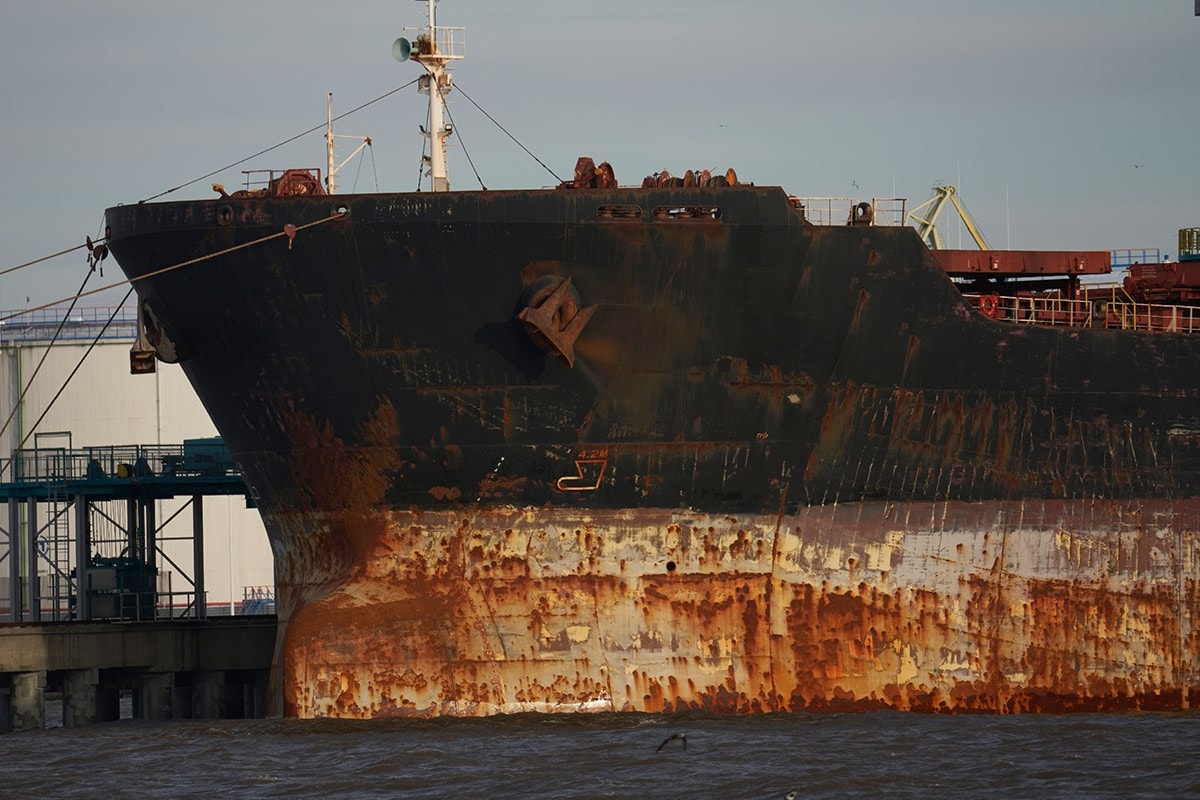India - Ban on Vessels Over Certain Age Profiles
To ensure the safety and security of its waters, the government of India has implemented a ban on vessels over a certain age profile. The new regulation under DSG Order 06 of 2023, which took effect on 24 February 2023, aims to prevent the entry of older and potentially unsafe vessels into Indian waters.
The move is part of the country's ongoing efforts to improve maritime safety and reduce the risk of accidents and environmental damage caused by poorly maintained or outdated vessels. This ban has significant implications for the shipping industry and India's broader economic development. It has sparked debate among industry experts and policymakers about its potential impact on maritime trade and the sector's overall health.
The policy applies to all vessels, whether Indian or foreign-owned and includes tankers, bulkers and general cargo vessels older than 25 years. However, the limit is 30 years old for containers, gas/chemical carriers, cement, harbour tugs, and specialised vessels such as diving support, geo-technical, pipe laying, seismic survey, well simulation, and accommodation barges. Lastly, for dredges, the age limit for operations will be 40 years old. Regarding new acquisitions of second-hand ships by Indian entities and vessels registered under the Indian flag state, the age limit is set at 20 years old across all categories. These regulations will be applied to commercial ships that are either chartered or owned by Indian shipping companies or foreign flag ships trading within the Exclusive Economic Zone of India.
For all 'existing vessels' affected by this requirement (regardless of age), they will be permitted to operate for up to 3 years from the date of order. Regarding an 'existing vessel', it is described as a vessel that is already registered under the Indian flag state on or before the date of issuance of this order and a vessel for which a Memorandum of Agreement to acquire had been entered into and the buyer had deposited at least 10% of the purchase price of the vessel on or before the date of the order. Additionally, this leeway applies to foreign-flagged vessels under Section 406 and 407 of the M S Act.
When the vessels reach their designated operating age limit, their general trading license will be withdrawn. In addition, the Directorate General of Shipping (Government of India) has also specified various requirements regarding checks on the safety and quality of new ships, second-hand and existing vessels (based on age criteria) (see Section 406 & 407).
India's ban on vessels over a certain age was implemented for various reasons. Firstly, the safety concerns associated with old ships are a significant issue. Old ships are more prone to accidents and breakdowns, which can lead to events that can cause environmental damage and loss of human life. By banning these ships, the Indian government aims to improve safety standards and reduce the likelihood of accidents in its ports. This not only protects the environment but also ensures the safety of the people working on or around the ships.
Another critical reason behind the ban is to promote the use of modern and fuel-efficient vessels. Old ships consume more fuel and produce higher levels of pollutants, which have a detrimental impact on the environment. By encouraging the use of modern and more fuel-efficient vessels, the government aims to reduce the carbon footprint of the shipping industry and improve air and water quality in and around its ports. This is in line with the country's commitment in reducing its greenhouse gas emissions under the Paris Agreement and other international environmental agreements.

The ban has had a significant impact on the shipping industry, both positive and negative. The positive impact is that it has led to the scrapping of many old and obsolete vessels, reducing the number of accidents and pollution incidents. The scrapping of old vessels is also envisaged to create a renewal in the industry for shipbreaking, creating jobs and boosting the economy in some parts of the country.
On the negative side, the ban will cause some disruption to the shipping industry. Shipowners who own older vessels have had to either upgrade their vessels to comply with the new regulations or sell them for scrap. This can result in a shortage of shipping capacity, thus driving up shipping costs and leading to delays in delivering goods to Indian ports. The ban has also had some criticism from foreign shipowners, who argue that the policy unfairly targets foreign-owned vessels and violates international trade agreements.
Despite these challenges, the Indian government has seen the ban on vessels over a certain age as largely successful in achieving its goals of improving safety and environmental standards in the Indian shipping industry.
Members requiring further guidance should contact the Loss Prevention Department.
